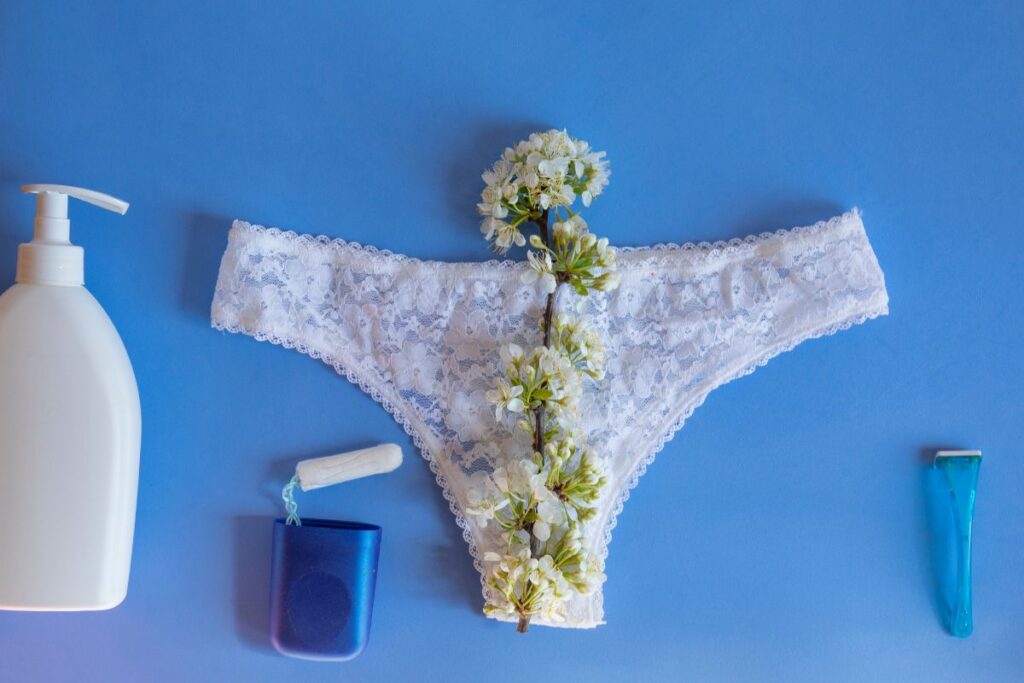Intimate hygiene is an important aspect of women’s health, but with the rise of intimate washes and cleansers, you may be wondering: are these products necessary? Are they safe? And how can they impact your vaginal health? Let’s explore whether you should be using intimate washes and what to consider when choosing one.
What Are Intimate Washes?
Intimate washes are specially formulated cleansers that claim to be gentle on the vaginal area. These products are marketed as helping to maintain hygiene, pH balance, and freshness by cleaning the delicate skin around the vagina, labia, and vulva. They often contain ingredients like herbal extracts, fragrances, and antibacterial agents.
Should You Use Intimate Washes?
The answer depends on a few factors, but here’s what you need to know:
1. The Vaginal Area is Self-Cleaning:
The vagina has a natural self-cleaning mechanism, where it produces discharge to clear out bacteria and dead cells. The use of intimate washes may interfere with this natural balance, particularly when used excessively or with harsh chemicals. Over-washing can disrupt the natural vaginal flora, leading to issues like irritation or yeast infections.
2. What’s the Role of Intimate Washes?
Intimate washes can be helpful if you have specific concerns like excessive sweating, odor, or vaginal discharge. However, they should not be used excessively or as a substitute for proper hygiene practices, such as washing with water and cleaning your underwear regularly.
3. Choose pH-Balanced Products:
If you decide to use an intimate wash, it’s important to look for one that is pH-balanced and free from harsh chemicals. Your vaginal area has a naturally acidic pH (between 3.5 and 4.5), so products that are too alkaline can disrupt the balance and lead to discomfort or infections.
4. Potential Risks of Intimate Washes:
Many products contain fragrances, alcohol, and antibacterial agents, which can irritate the delicate vaginal skin. These chemicals can lead to dryness, itching, and even vaginal infections if used too frequently.
What Should You Use Instead?
1. Water:
The best and most natural cleanser for your vaginal area is water. Gently washing with lukewarm water can clean the area without disrupting its natural balance. Avoid using soap or regular body wash, as they can be too harsh.
2. Mild, Fragrance-Free Soaps:
If you prefer to use a cleanser, opt for a mild, fragrance-free soap that is specifically designed for sensitive skin. Avoid using strong body washes or scented products in your intimate area.
3. Wearing Breathable Clothing:
Wearing cotton underwear and avoiding tight clothing can help maintain a healthy vaginal environment by allowing air circulation and preventing excessive sweating.
FAQ Section
Are intimate washes safe to use every day?
It’s not necessary to use intimate washes every day. Water is usually sufficient for most women. Use an intimate wash only when needed, and make sure it’s pH-balanced and gentle.
Can intimate washes cause infections?
Yes, some intimate washes can cause irritation, dryness, or disrupt the vaginal flora, leading to infections like yeast infections or bacterial vaginosis.
How often should I use an intimate wash?
Use an intimate wash only when necessary and, ideally, only a few times a week. Overusing these products can cause more harm than good.
How HealthPil Can Help:
At HealthPil, we connect you with dermatologists who can prescribe Minoxidil or offer alternative treatments for hair loss. Our doctors can help if you need a prescription or a second opinion on your hair care routine.
Disclaimer:
This article is intended for educational purposes only. Before beginning any hair loss treatment, always get medical advice.

